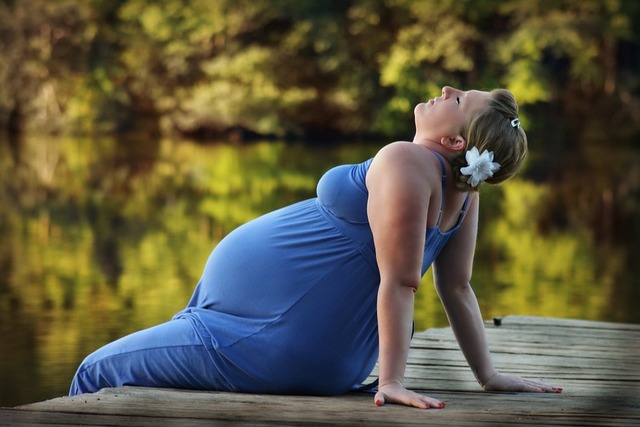The Best Foods for a Healthy Pregnancy
It’s necessary for an expectant mom to meet all of her nutritional requirements, as well as those of the baby in her womb. If you’re pregnant, it’s more important than ever to get that right balance of nutrients.
What to Include in a Pregnancy Diet
While there’s usually no need to go on a special diet, you do need to do what you can to ensure your well-being as well as your baby’s start in life. Which foods best support this end?
1. Fruits and Vegetables
It’s always important to get in your “five a day,” but even more so when you’re carrying a baby in your belly. By feeding on plenty of fruits and vegetables, you give yourself and your fetus plenty of vitamins and minerals, which are wonderful for boosting health.
Another great thing about fruits and vegetables is that they provide lots of dietary fiber, which are extra beneficial to pregnant women, who might be suffering from a common pregnancy woe: constipation.
2. Dairy
Dairy is the primary source of calcium, which pregnant women and their unborn babies require. It’s essential for building and strengthening bones and teeth. Try to consume two to three portions daily. You’ll probably be prescribed maternity milk, so it’s recommended that you drink that every day.
3. Protein
Considered a building block for life, protein is understandably essential to a pregnant woman’s diet. Vary your selection so you get a good mix of nutrients along with your protein. Some of the best sources are dairy, beans, nuts, eggs, poultry, lean meat, and fish.
4. Carbohydrates
Many women tend to stay away from carbs in their effort to keep their weight down. Pregnancy, however, is a time to shun this avoidance as carbohydrates are a great source not only of vitamins and fiber but of energy and satiety as well. Just make sure that you consume the healthier options, brown and unrefined, as much as possible.
5. Good Fats
Your body will do well with a certain amount of fat, so make sure you regularly take in some, but only the good unsaturated variety. This is sourced from olive oil, nuts, seeds, and oily fish.
A Word of Caution
You do need to be extra careful not to ingest potentially harmful microbes and substances, so take care to do the following:
1. Clean everything thoroughly
Make sure you wash everything well first. Soak in water laced with vinegar any fruits that you eat with their skin on.
2. Avoid eating raw food
Make sure that your protein sources, from your eggs to your seafood, are well-cooked. Cook your veggies and roots as well since these types of products may still contain traces of soil, which may carry toxoplasma parasites.
3. Skip the liver
Eating too much liver may lead to an overdose of vitamin A, which could cause birth defects in babies.
4. Choose your fish carefully
Determine which fish are low in methylmercury and eat no more than 12 ounces a week. Mercury is harmful in high doses to the brain development of fetuses.
5. Make sure your dairy products are pasteurized
Avoid unpasteurized milk and soft cheeses, which may contain harmful bacteria. This means that you should opt out of brie, camembert, blue, gorgonzola, and Roquefort.
Good Pregnancy Snacking Options
When it comes to healthy snacks for pregnant women, go for natural munchies sans artificial flavor and color as well as other chemical additives. Make sure to avoid sugary snacks and drinks as well. Instead, choose to snack on fruits, vegetables, yogurt, and wholesome trail mixes or granola bars.
Supplementing During Pregnancy
Even if your diet is very much on point, it’s still best to take daily multivitamin and mineral supplements especially designed for pregnancy. These would have the essential folic acid, of which pregnant women require 400 micrograms per day.
Healthy Pregnancy
During pregnancy, the focus is on the mother’s health. Fortunately, it’s directly associated with that of her unborn baby, so make sure you eat well to take good care of both yourself and the precious blessing in your tummy.


Leave a Reply